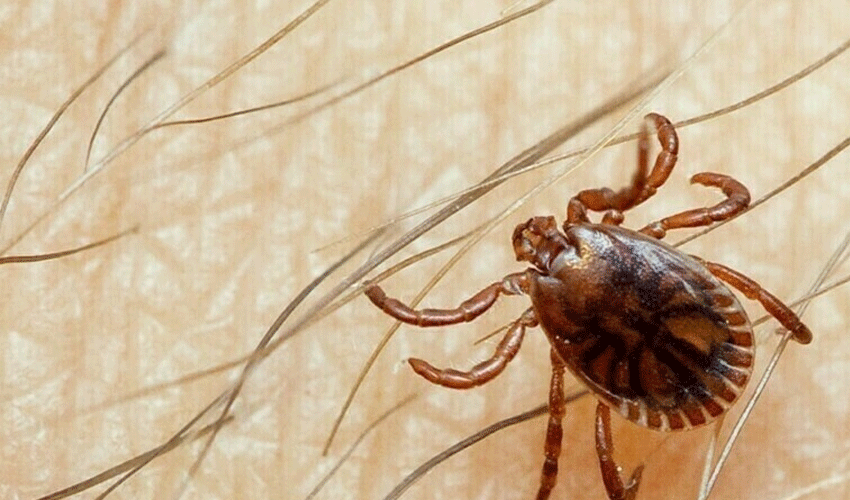As Eidul Azha approaches and southern parts of the country grapple with soaring temperatures, the National Institutes of Health (NIH) has issued advisories to prevent the spread of Crimean-Congo Hemorrhagic Fever (CCHF) and to protect citizens from the growing threat of heatstroke.
The NIH has directed provincial health departments, including those in Azad Jammu and Kashmir, Gilgit-Baltistan, and the Islamabad Capital Territory, to make necessary arrangements in line with established Standard Operating Procedures (SOPs).
The health body also called for launching awareness campaigns to educate the public on precautionary measures during the Eid festival.
The advisory noted that CCHF, a viral hemorrhagic fever, carries a mortality rate ranging from 10 to 40 percent. The disease has been reported sporadically in Pakistan since the first documented case in 1976, with Balochistan remaining the most affected region, primarily due to cross-border animal movement.
The virus is primarily transmitted to humans through contact with infected animal blood or tissues during slaughter. Human-to-human transmission is also possible through exposure to infected bodily fluids, such as blood or secretions.
In view of the increased risk during Eidul Azha, when large-scale animal slaughter takes place, the NIH has emphasized the need for personal protective measures during the handling and slaughtering of animals. These include the use of gloves, protective clothing, and proper disposal of animal waste.
Heatstroke alert
In a separate advisory, the NIH also expressed concern over the intensifying heatwave affecting several regions, attributing the extreme weather conditions to global climate change. It warned that the spike in temperatures has already led to increased cases of heat-related illnesses, including heatstroke, which can result in serious complications or death if not treated promptly.
The health body outlined key symptoms of heatstroke, including high body temperature, hot and dry skin or excessive sweating, weakness, confusion, and slurred speech. The public has been advised to remain hydrated, avoid exposure to direct sunlight during peak hours, and seek immediate medical attention if symptoms appear.
Officials stressed the importance of community-level interventions, including setting up heatstroke response units and ensuring availability of water and shaded spaces in public areas.
Health professionals and volunteers have also been urged to remain vigilant during Eidul Azha, particularly in rural and high-risk areas, to contain both the spread of the Congo virus and the adverse effects of the heatwave.


























